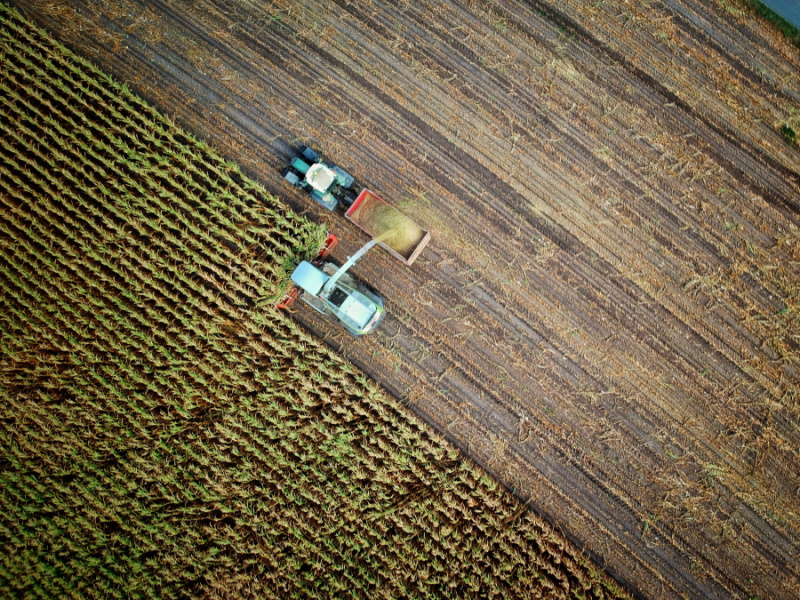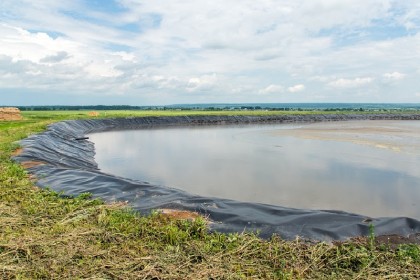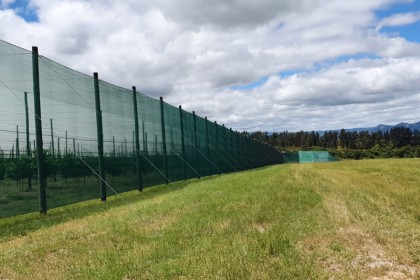
Digital Transformation Is Urgently Needed To Transform Our Food Supply Chains
Global food systems today are unsustainable for both people and planet. Besides operating at a high environmental cost, one third of produce is being wasted, leaving billions of people inadequately nourished and producers inadequately remunerated. Feeding our burgeoning population with ever-fewer resources requires food systems that are inclusive, sustainable, efficient, nutritious, and healthy.
Achieving this transformation requires a holistic approach, including progressive policy, more investment, better infrastructure, building farmer capacity, consumer behaviour change, and excellent resource management. However, technological innovations can play – and are already playing – an important role in enabling and accelerating the transformation of our food systems.
The World Economic Forum, in conjunction with McKinsey & Company, identified what they call the Transformative 12: emerging technology innovations with the potential to drive rapid progress in our food systems to achieve the United Nations Sustainable Development Goals. These important innovations fall into three broad categories: creating effective production systems; promoting value-chain linkages; and changing the shape of demand.
In May this year Nedbank hosted a panel discussion on the Nation in Conversation stage at Nampo Harvest Day held in the Free State to discuss the immense potential behind South African innovations that are playing a vital role, particularly in achieving the middle category of the Transformative 12: promoting value-chain linkages. Technology advancements in this category include blockchain-enabled traceability, using the Internet of Things to achieve real-time supply chain transparency and traceability, together with big data and enhanced analytics, as well as mobile service delivery.
Panel facilitator Herman de Kock, Executive Head of Sales and Service Planning at Nedbank Commercial Banking, says that this category of technologies has the potential to increase production by up to 150 million tonnes, reduce food loss by up to 65 million tonnes, generate up to US$270 billion of income for farmers, and significantly reduce carbon emissions and the use of natural resources across the globe.
Panellist Jaco Maass, Chief Executive Officer of SDX Africa, says that technologies that support traceability in the value chain have the potential to address many of the major challenges of the food supply chain. ‘Traceability is becoming more important for today’s consumers who are seeking safe, sustainable, ethically farmed food, and is particularly pertinent in Africa, which has the highest burden of food-borne diseases globally. Traceability also minimises fraud, improves food safety, increases supply-chain efficiency, and reduces food wastage.’
SDX Africa's AgriTrust blockchain-powered Web3 ecosystem empowers each participant in the value chain to control and manage their own data, ensuring privacy and security. By leveraging messaging channels on the blockchain, each participant can easily share information with each other, contributing to a more efficient and transparent supply chain, thereby enhancing the supply chain's traceability and accountability while promoting fair and ethical practices.
Chief Executive Officer of neXgro SA, Madelize Delport, agrees that the food supply chain is in dire need of a dramatic shake-up. ‘The current food supply chain is a linear process with the farmer and consumer on either end, having little to no control over the system. The structure doesn’t address the need for a sustainable, consumer-focused food supply chain, and farmers face a high-risk production environment and supply chain that they need to finance at retail prices for wholesale returns. The only way to address the current power imbalance is to embrace the free-market system using digital technology to create a mutually beneficial production value eco-system.’
‘And that is what agritech company neXgro is offering the market with its transparent track-and-trace data innovations. Whether producers need to track, trace, store, transport, or trade their product, we give them full control. Our virtual platform empowers them to charge better prices for grain and other agricultural commodities, and to trade directly with trusted role players in the value ecosystem.’
Nedbank’s own Avo B2B solution is also proving to be valuable for the agricultural value chain. Digital Transformation Executive at Nedbank, Olebogeng Mogale, says that the major benefits of using the Avo B2B trading platform are unlocking new markets and providing revolving credit, which enables access to working capital. ‘Our cost-effective platform removes the financial risk for the supplier by offering quicker payment cycles, combined with 120-day credit to enable liquidity.’
These technologies also have scope for players in the value chain to collaborate and open new markets through sharing data and intellectual property, while providing financiers and investors with the data they need to mitigate the risk of investments that enable stakeholders throughout the value chain.
Here, these South African agritech companies are again on top of their game. SDX Africa uses open-source technology to integrate into any Radio Frequency Identification (RFID) tagging system for livestock, which tracks whether the animal is alive and gaining weight. This provides a verifiable monitoring system for the bank to use livestock as security to unlock supply chain finance. neXgro offers a similar verification system in the grain sector, which sees data from the weighbridges at decentralised or on-farm grain silos sent directly to neXgro to provide independent verification of the quantity and quality of the grain. ‘Because there is independent audit data for verification purposes, farmers can then trade their commodity on neXdeal (with prices linked to the Safex index) and finance it,’ says Delport.












